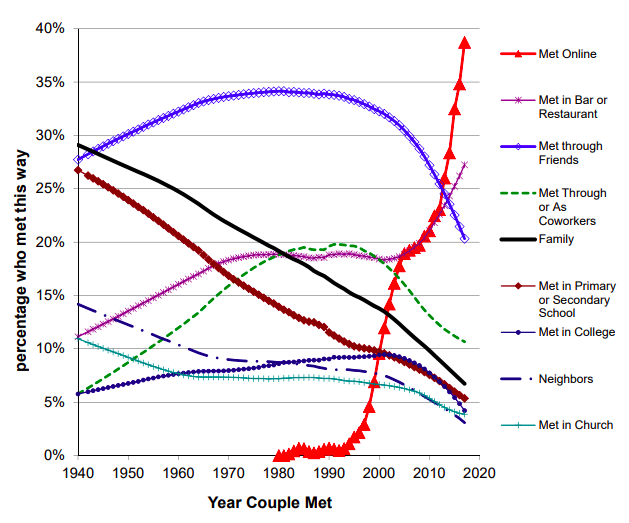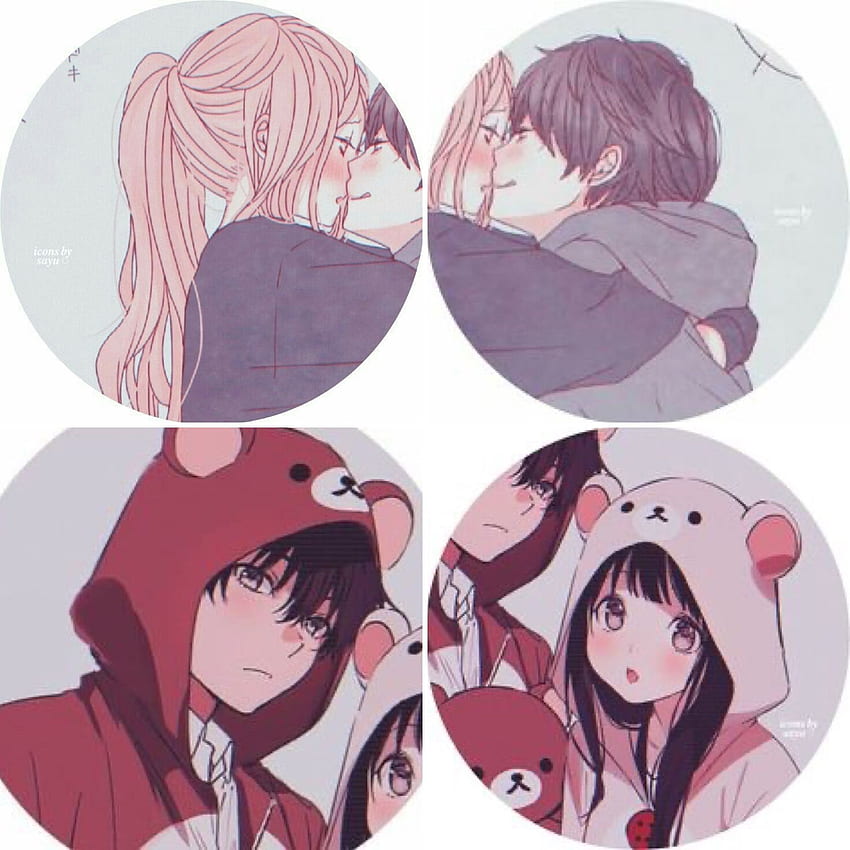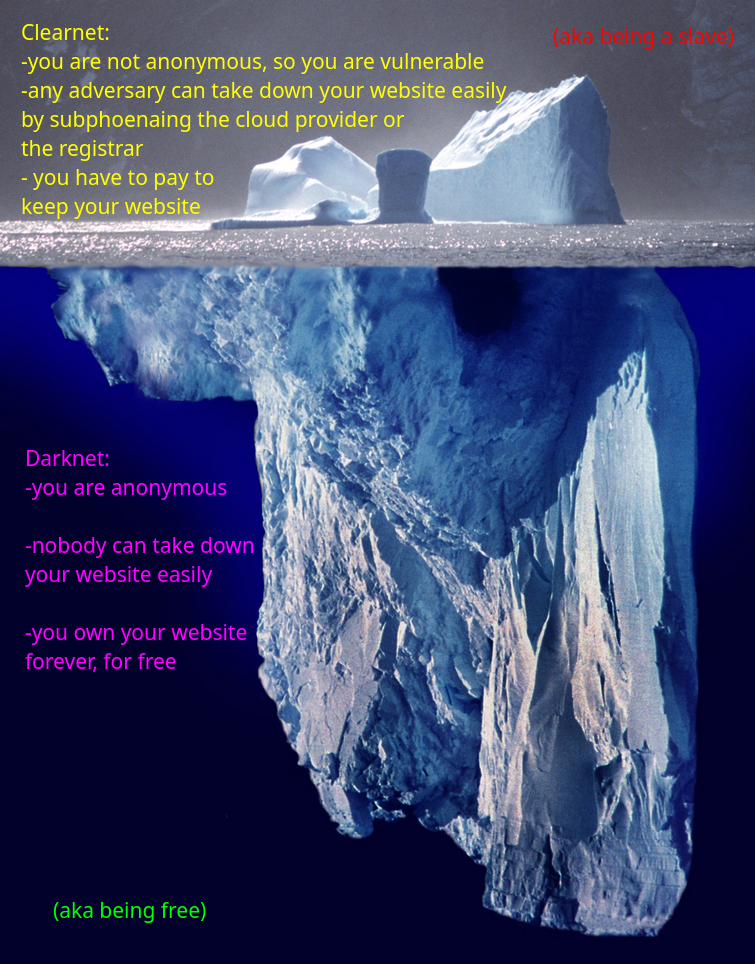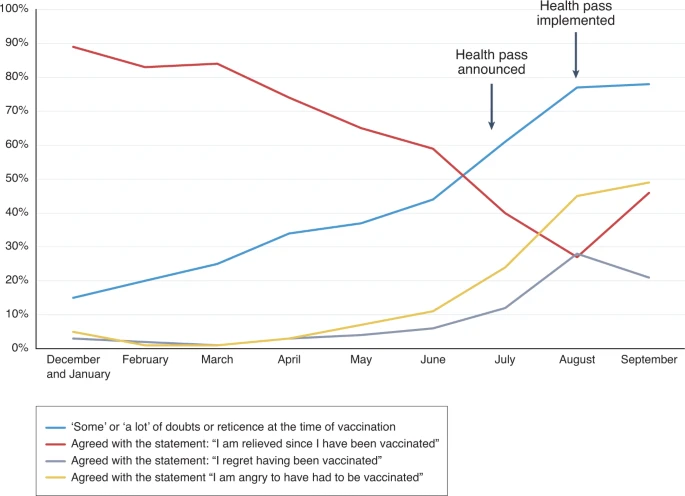If you're reading this, there's a good chance you're out of your teens, likely in your 20s, and possibly in your 30s or older.
You grew up on the internet. Maybe you grew up on AOL chatrooms, or Xbox parties, Minecraft, Steam, Pewdiepie's Happy Wheels, you name it. You remember hearing about Bitcoin waaaaaaay back. You remember Google Plus shutting down like it was yesterday (that was four years ago, by the way).
Some of you already have children, too. This makes what I'm about to tell you very relevant.
How Do You Do, Fellow Kids?
As someone on the younger side, allow me to explain the Gen Z perspective.
We've never heard of the Snowden leaks.
We don't know what http was like.
We don't understand the slightest bit of internet infrastructure or privacy and security.
We just see our modern technology as a gateway to pleasure. This is (unfortunately) not an exaggeration: look through a 15 year old “e-girl”s phone. What will you find? Plenty of mindless cutesy phone games, social media apps (for your healthy dose of narcissism and dopamine rewiring), messaging applications, and a personal favorite, the app for romanticizing fantasy dreams, Pinterest.
But that's it. We see an app, we assume it's a magical tool which no downsides, and so, we install it without blinking an eye. We want to feel connected, so we make an Instagram account and connect with friends. All of our friends have snapchat, or Kik, or Whatsapp, let me install it too!
How do young people connect and socialize nowadays? If you are out of touch with reality and were fed too much trad Twitter, you might be inclined to believe modern teenagers are Weimar-style, sexually active, drug abusing, degenerate hedonists.
This is partly true! But, reality is a bit more daunting.
You might be surprised to find out that overall, rates of sexual activity are down, not up, in modern times. Keep in mind this chart is from 2018, a whole 5 years ago. Could you imagine how much lower it is post pandemic lockdowns?
/arc-anglerfish-arc2-prod-sltrib.s3.amazonaws.com/public/YIPHQXAMG5HDNG6VJIRSVRXA6I.jpg)
How is this possible? Is this due to a rise in traditional values among young men and women?
Lol.
No, of course not. Have you spoken to the average teenage male? The porn addict? The junk food glutton? The videogame obsessed loser with no ambitions?
Well, if young people aren't doing the dirty, and they're simultaneously the opposite of abstinent Christians, then what is happening?
So what is this Discord thing?
Discord has not existed for very long. Its only real competitor, Skype, is very popular for professional use, but rarely used by young people.
For teens, Discord is “the thing”. If you ever match up with a cool random teammate in a game and you want to keep in touch, you say “What's your Discord tag?”.
Originally marketed as “the social messaging app for gamers”, it has now expanded its brand to target “communities”, which typically include younger people (but not always).
Time to get to the point. Discord is one of the main places young people have to find a connection with eachother. Other alternatives are dating apps like Tinder, or social media like Instagram. But Discord is very popular, especially if you're under 18.

Why? Well, it's easy to express yourself. You can have a profile picture of anything you like. If you're a female and want to attract males, setting a cute anime profile picture will immediately boost your desirability. Oh, and if you do find an online boyfriend? You get the feeling of connection from something called: matching pfps. Yes, it's corny, and the idea is you show your love for eachother by matching profile pictures. It's a bit like getting a matching bracelet or shirts, but more affectionate.
 This is common for online couples.
This is common for online couples.
There are also communities in Discord, called “servers”. They're basically massive (or small) open (or closed) groupchats. You can make an official server for Monero, or you can make a little server for your group of 30 friends who play DnD. It's common for people to make a server for their online friend group and add people they meet who they think might play games or hang out with them.
There are also popular servers created solely for people to meet eachother, with hundreds of open voice channels with people constantly moving around, talking to new people and having usually stupid, but sometimes, very interesting conversations.
You thought your OPSEC was bad?
These hubs are the hotspot for young people to engage relationships. You might think: What kind of relationship can a young teenager enter through an online app? You're in for a surprise. Let me tell you a fictional (but very accurate) story of one such person. Let's name the girl: Alicia.
Alicia is a pretty normal teenager compared to her peers. She's 16, and is conventionally attractive, but has only had a couple nonserious relationships in real life. They didn't end well, and one of the boys cheated on her.
Her relationship with her parents is quite shaky. Her mom and dad got a divorce when she was 10, and she's had to move back and forth throughout her life. Her dad is an alcoholic. Her mother is a toxic manipulator, diagnosed with bipolar.
Pretty shaky foundations.
She doesn't really enjoy highschool, and though she was really excited about college and adulthood when she was in her late years of elementary, she sees her future rapidly shriveling up. Alicia smokes weed and vapes, gets off to wattpad fanmade erotica, and enjoys cozying up to hot chocolate and anime or netflix when she's sad.
She also plays Valorant, a modern FPS shooter. That's where she met a new friend, another girl, which asked her if she wanted to join her Discord server. That way, she and her friends could queue up together to play! Playing with friends is always more fun than alone, so Alicia says yes.
Alicia makes a few friends, but there are also boys in the server. One particular user, Dan, has a deep voice and charming personality. Alicia develops a crush on him and starts flirting with him. Over the next few days, she tries to pull him away for herself. She sends him funny memes, asks him if he wants to play without telling the others... eventually, she admits her crush, and he reciprocates.
Boom. You now have an e-couple.
Things develop further. Dan asks Alicia to show a picture of her face, and in return he sends his. They both find eachother attractive. The flirting and hanging around continues. They play games together and start watching movies and anime together, privately, away from the group. They change their profile pictures to matching ones. The rest of the group tease them but are secretly jealous of their chemistry.
You can probably see where this is going.
The details don't matter: eventually, after much sexual flirtation, Alicia sends a photo of herself naked, and Dan sends a picture of his penis. But things don't end there. Ever heard of phone sex? Yeah, they do that too. And Discord allows you to share video.
So now, you have 2 minors on video masturbating with eachother.
...
If you have a daughter, you should be terrified right now (if you weren't already). Discord's atrocious track record with CP supporting furry admins doesn't help either.
But if you're reading this, then you probably already know that every single digital interaction, picture, metadata and all, are stored permanently by the NSA without your consent. Discord has become a cesspool for child pornography, and the worst part of it is that the kids on it don't realize how big of a privacy risk what they're doing is.
I don't have a grand solution or conclusion to make. It's terrible. But I hope parents will feel motivated to build healthier environments for children. Not by restricting access to modern technology, but by being around and being a good teacher. Remember, most of the young degenerates (no offense) come from broken households.
Awareness is key. I don't see this being talked about enough.
As a final note, this blog by Session on love + privacy is a pretty good read: https://getsession.org/blog/find-true-love-on-session

/arc-anglerfish-arc2-prod-sltrib.s3.amazonaws.com/public/YIPHQXAMG5HDNG6VJIRSVRXA6I.jpg)
 This is common for online couples.
This is common for online couples.
